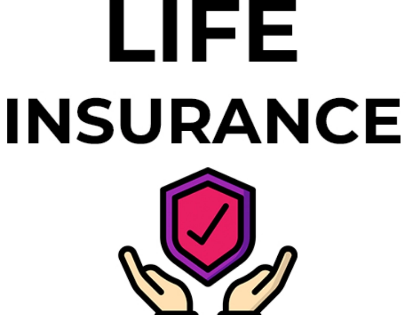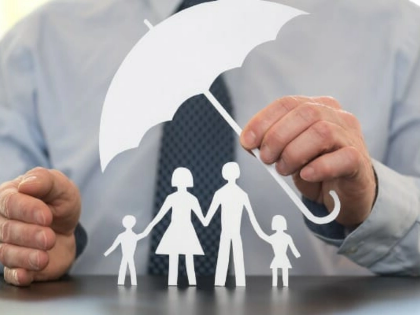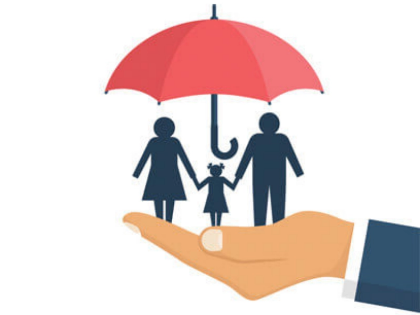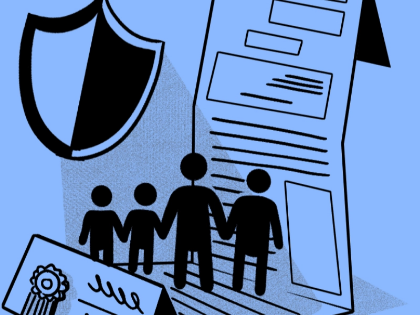Handling the Difficulties of Sports Law and the Confluence of Safety and Enthusiasm
Player safety is frequently in jeopardy due to the competitive traditions of college sports. Sports legal firms advise universities in order to create preventive strategies.
Sports commercialization encourages immoral behaviour, such as doping, which calls for strict anti-doping laws and other forms of legal disincentives. Athletes' private lives and public personas are balanced by sports law, which also addresses privacy and publicity concerns.
The law of contracts

A fundamental component of sports law is contract law, which includes agreements and contracts for players, teams, sponsors, and venues. Through the establishment of precise, enforceable terms, these agreements reduce the likelihood of upcoming conflicts.
Athlete contracts specify rights, obligations, and pay, tailoring employment rules to the particulars of professional sports. League operations and competitive balance are directly impacted by the criteria set forth in league contracts regarding revenue sharing and pay caps.
Sports law must include intellectual property protections in order to protect stakeholders' proprietary rights in all facets of the sport industry. Names and logos are protected by trademarks, but creative expressions such as event broadcasts and merchandise designs are protected by copyrights. Patents promote the creation of cutting-edge sporting goods, and industrial designs guarantee that a product's unique look is preserved.
Workplace legislation
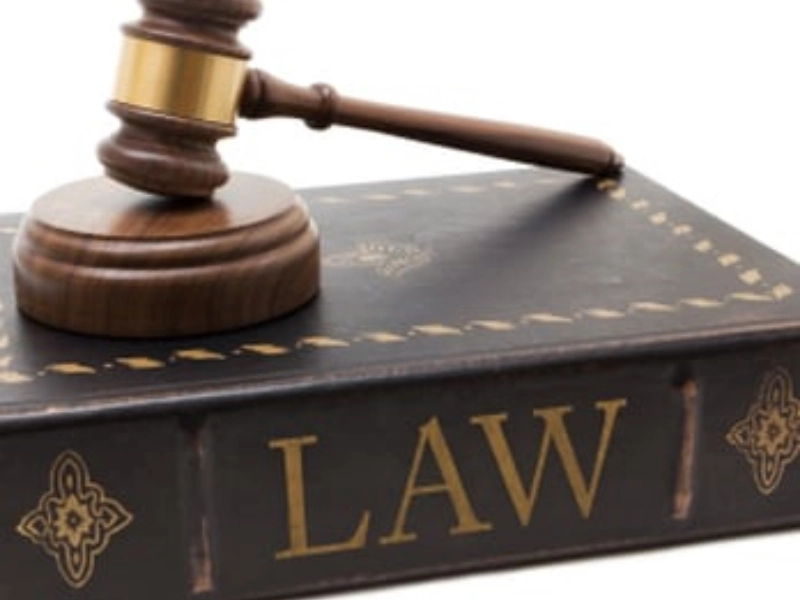
Intellectual property and labour law are often topics of dispute in sports. They could also have an impact on athletes' public perceptions and reputations, which is why getting legal counsel is crucial.
For instance, Northwestern University's scholarship football players are considered employees by the National Labour Relations Board and are eligible to organise a union. This case emphasises how difficult it can be to tell an athlete if they are an amateur or professional and how crucial sports attorneys are in helping to make this distinction clear.
Athletic directors should also be aware of employment law since they are subject to Title IX statutes and regulations from sports regulatory organisations. These regulations deal with providing equal chances for women to coach, develop, and recruit college athletes.
Image rights and data privacy
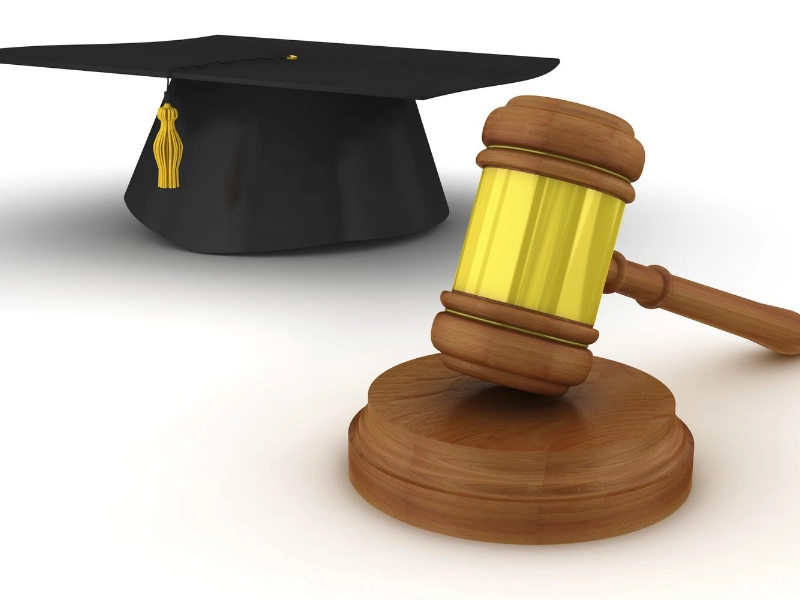
Sports are becoming more and more data-driven as technology advances. It is evident that data is essential to sport, from Billy Beane's use of statistical analysis to evaluate underappreciated baseball players to Sir Dave Brailsford's concept of "aggregation of marginal gains" in elite cycling.
But complications may arise from this. For instance, without the player's permission, some teams may gather unique category data about rival players (such as biometric or health data).
It's critical to preserve a player's image rights in this situation. Using a combination of common law, intellectual property, and privacy laws, this can be achieved.
Intellectual property

The phrase "intellectual property" (IP) is broad and covers rights to trademarks, patents, copyrights, and designs. IP helps individuals, sports teams, and sporting events establish a distinctive character and market their brands.
High public expectations are frequently linked to the performance of major sporting events, and this can raise a company's market value. To avoid infringement, it is crucial to guarantee that IPRs are secured.
Sports organisations can increase their revenue streams by selling licenses for their copyrights, trademarks, and patents. Through this procedure, they maintain total ownership while licensing their concepts and product designs. They can manufacture and market goods in this manner without worrying about legal ramifications.
Criminal code

Criminal law in sports may cover non-violent acts such as unlawful betting or point shaving, but it may also include acts of violent bodily force. Because of the unique and complex legal knowledge these offences require, there is a growing demand for sports law positions.
Regulations pertaining to sports law safeguard athletes by providing explicit guidelines for doping monitoring, management, and intellectual property rights. They also discuss how sports and related economic endeavours are affected by commercialization and monetization.
The law seeks to strike a compromise between the integrity of sports and financial gains. For instance, it guarantees that broadcast agreements don't create anti-competitive monopolies and give sports fans widespread access to events. Sustaining the global reputation of sports requires doing this.
Authority
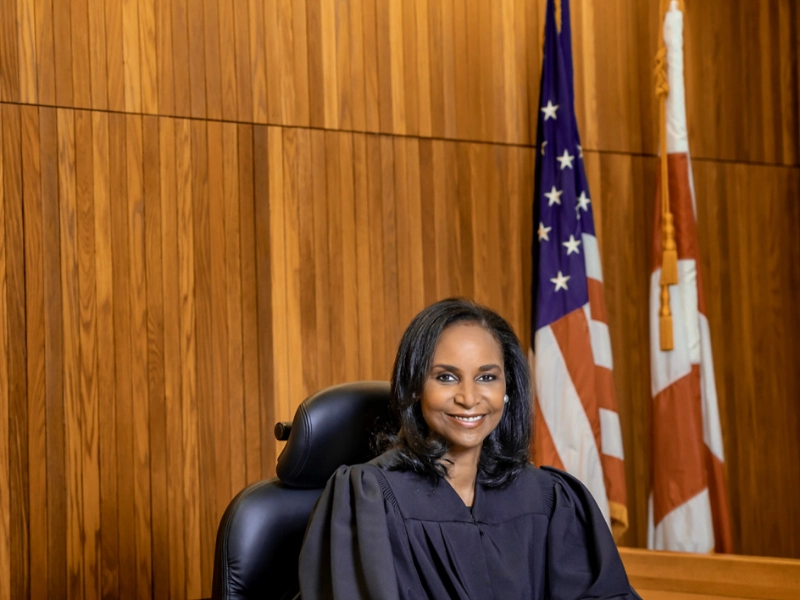
The framework and culture of a sports organisation serve as its means of formulating policies and carrying out its strategic goals. It also sets policies for the organisation's operations and structure. Sports organisations need good governance, especially as they are frequently governed by several laws. The sector may be affected by these rules in a number of ways.
Even if following the legal rules of law is a crucial part of good administration, a sports organisation needs more than just compliance to succeed. Because of this, it's imperative that sports organisations have strong internal and external regulatory frameworks. In Henry and Lee's (2004) approach, these practices are categorised as belonging to the domains of organisational and systemic governance.

